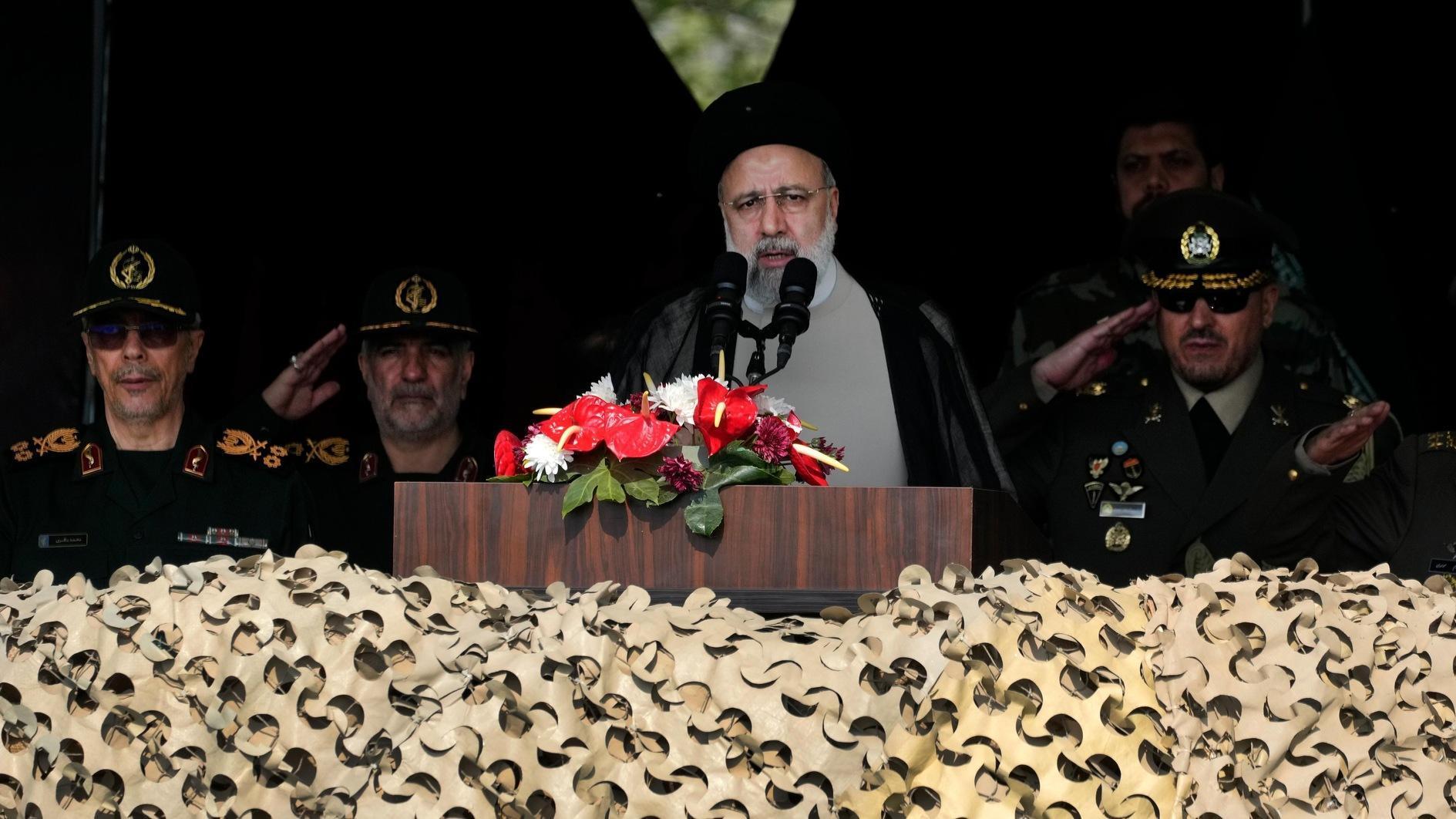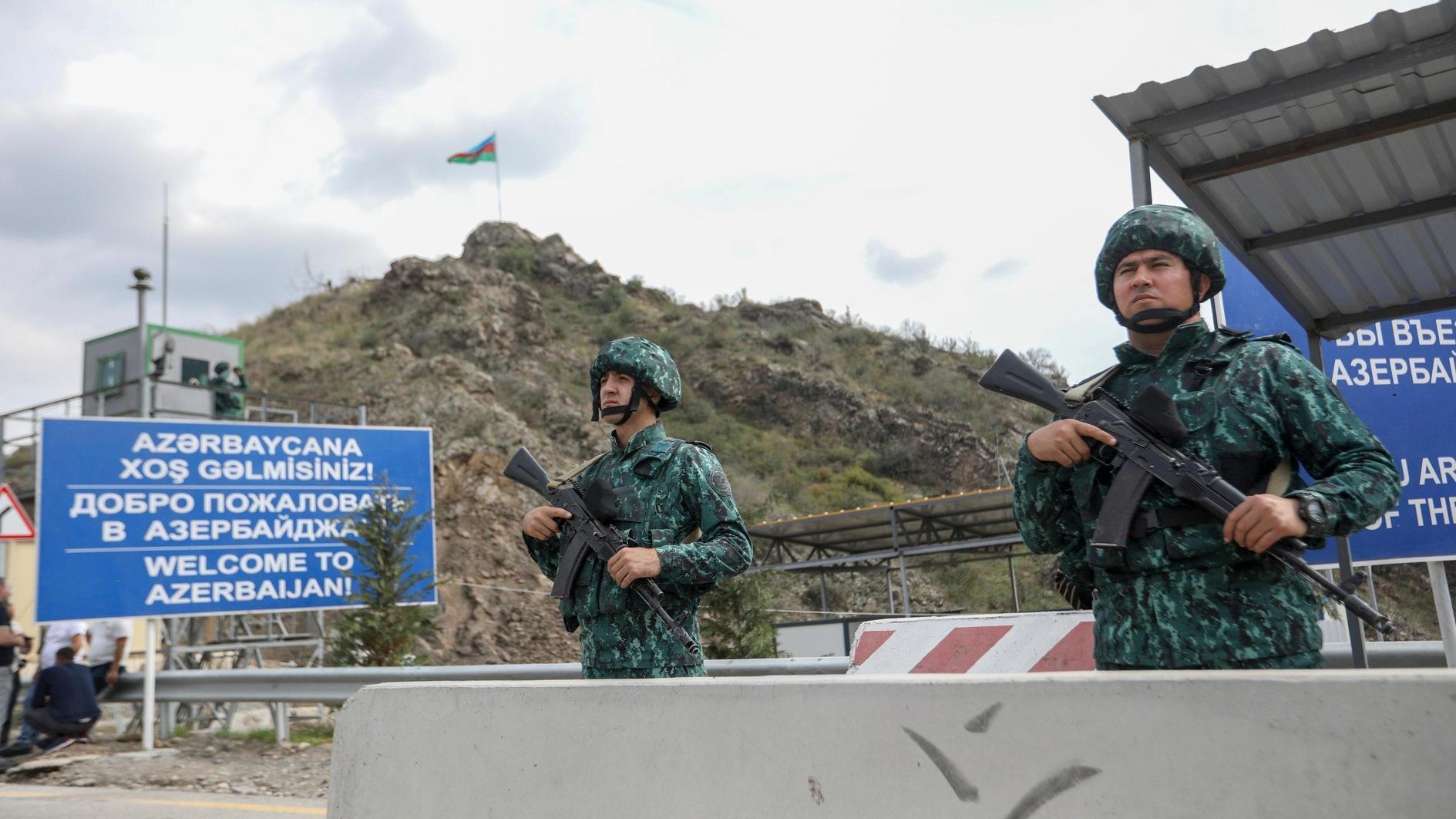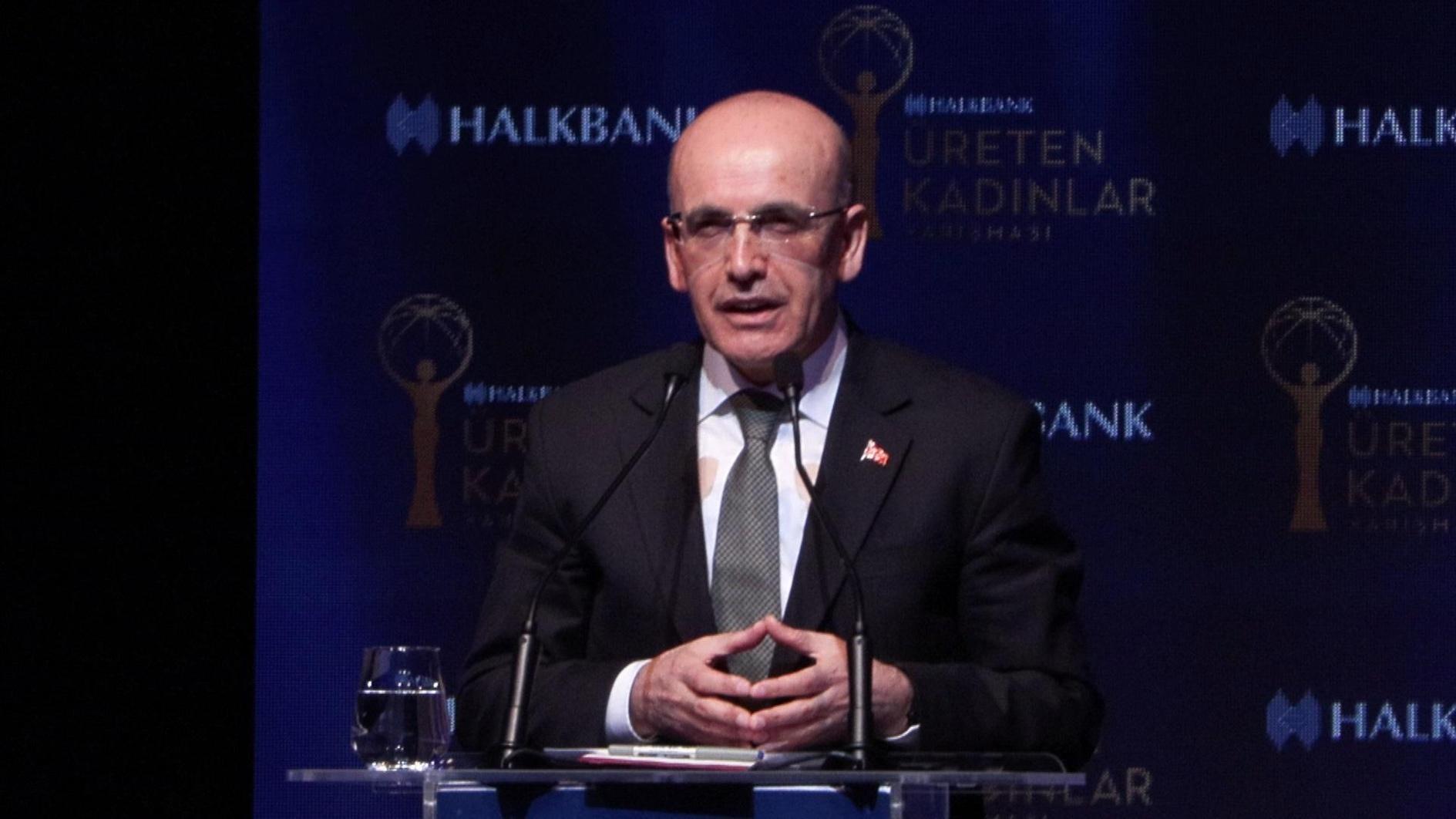Lone wolf syndrome in Turkish foreign policy
Do you know why Turkish President Tayyip Erdoğan has continued to slam the New York Times ever since its recent editorial, accusing it of “interfering” in Turkish politics and using language like “Who do you think you are?” and “Know your place”?
Because, as the country heads to critical parliamentary elections on June 7, this kind of rhetoric works in domestic politics.
It is the same reason why Erdoğan finds a reason to hit out at “Western imperialists” and their plans in the region, even while Turkey is an effective member of the Western military alliance NATO. It is the same reason why he denounces the U.S. and the European Union over “double standards” when it comes to Turkey, making this an everyday issue in his rallies.
This helps to consolidate votes and it makes foreign issues a factor in domestic politics, along with the main issue of the economy. It appeals to the nationalistic pride of Turkish voters.
A recent survey conducted by Istanbul’s Kadir Has University about public perceptions of Turkish foreign policy revealed that nearly 39 percent of Turks think the country has no friends. This is followed by another 38 percent who think Turkey’s only friend is Azerbaijan. That is followed by Turkish Cyprus at 9 percent, and Bosnia-Herzegovina and the United States at 6 percent. All of those countries, (apart from the U.S., which 35 percent of respondents described as a “threat”), are either of Turkish descent or, like Bosnia, were a dear part of the Ottoman Empire.
Apart from the U.S., 42 percent of Turks see Israel as a threat, 22 percent see Syria as a threat, 20 percent see Armenia as a threat, 15 percent see Iran as a threat, and 11 percent see Iraq as a threat. What about “historical rivals”? Russia and Greece are both at about 10 percent. All these countries are in Turkey’s neighborhood.
That “surrounded by enemies and conspired against” mood is also clear in Turks’ alliance perception.
In the poll, the most popular answer to the question, “Which country or countries Turkey should act together with in its foreign policy?” is “Turkey should walk alone,” which was chosen by 22 percent. Some 20 percent said “Muslim countries” and 19 percent said Azerbaijan.
Turks love Azeris as they are of the same descent, and indeed this appears to be a strong factor, because another 16 percent say Turkey should mostly act together with the “Turkic republics” beyond the Caucasian Azerbaijan.
Turks like to feel like the lone wolf, but if they have to act together with anyone then “brothers” and “cousins” are apparently their most favored partners. Under the circumstances, the U.S. should probably be proud to be favored by 13 percent, followed by Russia at 9 percent.
When Dr. İbrahim Kalın - the foreign policy advisor of President Erdoğan, and now also the deputy secretary general of the presidency - came up with the concept of “precious loneliness” as the government was being criticized domestically and internationally for losing friends in the neighborhood, many people interpreted it as an unconvincing justification of foreign policy failure. But it may be much more than that. It is turning out to be a domestic political leverage, which not only reflects the foreign policy perceptions of the average Turk but also manipulates them toward the ballot box.
Erdoğan’s recent “The World is Bigger than Five” campaign is an example of this. He actually had a point when he raised the issue of unfair representation in the five-member U.N. Security Council. The campaign had no international effect, but it did appeal to the national pride of ruling Justice and Development Party (AK Parti) supporters, working as a consolidating agent.
Given the perceptions profile of Turkish voters, it is not realistic to expect dramatic shifts in the AK Parti’s foreign policy if it stays in power after June 7. In fact, perhaps, according to survey, we should start calling it Erdoğan’s foreign policy.











